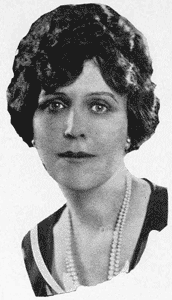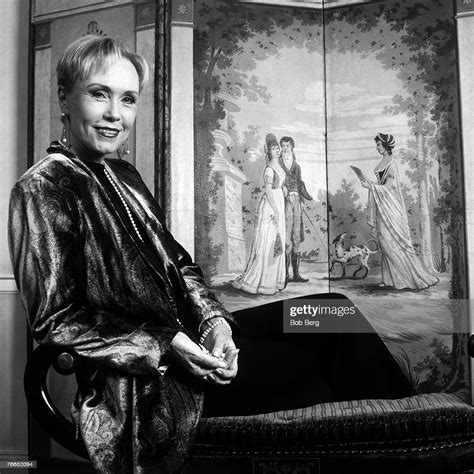A Quote by James F. Cooper
Should we distrust the man because his manners are not our manners, and that his skin is dark?
Related Quotes
We are citizens of an age, as well as of a State; and if it is held to be unseemly, or even inadmissible, for a man to cut himself off from the customs and manners of the circle in which he lives, why should it be less of a duty, in the choice of his activity, to submit his decision to the needs and the taste of his century?
This is another thing which I really like investigating in my novels: what is it that makes an intimate society, that makes a society in which moral concern for others will be possible? Part of that I think are manners and ritual. We tried to get rid of manners, we tried to abolish manners in the '60s. Manners were very, very old-fashioned and un-cool. And of course we didn't realise that manners are the building blocks of proper moral relationships between people.





































